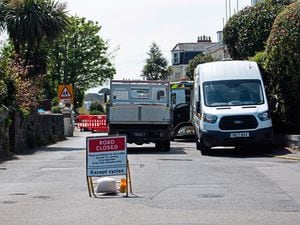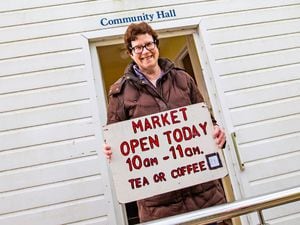Minimum wage should keep up with average wages – ESS
Guernsey’s minimum wage could be set to rise higher than originally planned, if the public gets behind Employment & Social Security proposals.

Since 2019, the adult minimum wage has gradually been increased towards the States’ approved target of 60% of median earnings.
The rate is on course to reach this target in October, subject to States’ approval.
Now a new medium-term plan is being developed covering the period between 2025 – 2030.
The committee is proposing that the adult minimum wage rate is increased to 66% of median earnings by 2030 – this equates to increases of 1% of the median earnings level each year.
The current adult minimum wage rate is £10.65 per hour. Under the new concept, the 66% level, based on current earnings, would take the minimum wage to £11.80.
ESS president Peter Roffey said the new plan aimed to ensure that the gap between the island’s lowest-paid workers and the workforce average did not grow too wide.
‘It is also important that Guernsey broadly aligns with minimum wage rates in Jersey and the UK, both of which consider the 66% figure an appropriate target,’ he said.
‘However, the committee is aware that economic conditions can change quickly, and with this in mind we propose to carry out detailed reviews of the plan every two years to ensure that the policy principles are being followed, and that rates are approaching alignment with other jurisdictions as intended.
‘If the feeling is that the plan is not achieving these objectives, then we will rework it and return to the assembly for approval.’
The committee is also proposing to carry out reviews of minimum wage rates every two years.
Jersey’s minimum wage is £11.64, while the UK’s National Living Wage is £10.42 and is set to rise to £11.44 in April.
The Guernsey proposals would also affect the young persons’ minimum wage rate, for 16- and 17-year-olds, which is £9.65 per hour. Under the 66% proposal, this would go to about £10.60.
The public consultation on the proposals starts today and runs until 2 April, and consists of questionnaires being sent to specific targeted groups and a public survey, which will be available online and in hard copy.
The online survey can be accessed here. Paper copies can be picked up at Sir Charles Frossard House and Edward T Wheadon House. The questionnaire is also available in Portuguese and Latvian.





